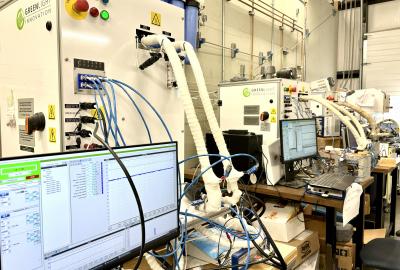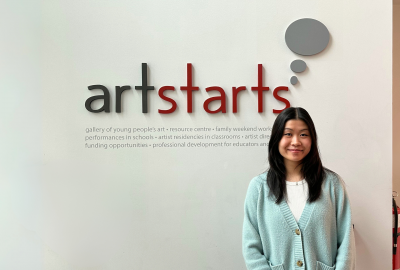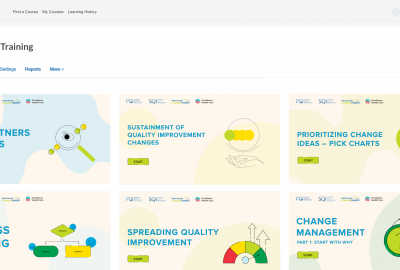
You have recently welcomed a new baby into the world, your home and your life. You watch her grow and savour every milestone in her development. Before you know it, your maternity leave is about to come to an end and you are faced with a dilemma: to work, or not to work? Many women find this a difficult decision to make. There is a misconception that women can be committed either to their career or to their kids, but not to both. Well, let’s take a look at some motivators and some drawbacks:
Why do Women Choose to Return to Work?
-
Many have careers that they have spent years developing
-
Many feel good about being a role model for their child(ren): first, by showing them that women can succeed professionally; and second, by showing them that a family is about joint effort by both parents in the care of children as well as providing for the family financially
-
Many enjoy the social benefits and any opportunity to interact with adults
-
Many have to because of their family's financial situation; they can't afford to have one parent stay at home
What Makes it Easier for Women to Return to Work after a Baby?
-
A nice boss & a job they enjoy
-
A family-friendly employer who provides employees the flexibility to schedule their hours
-
A spouse with a flexible job
-
Supportive/helpful family members
-
A job that requires no travel or extra hours
On the flip side, there are some drawbacks for women who are considering a return to work. Many women feel guilty if anything takes them away from full-time parenting. Women may lose confidence in their parenting, or fear that the quality of their parenting may suffer, as a result.
Will it be Worth the Challenge?
-
Childcare can be expensive and may actually offset the financial benefits of a mother working
-
Stress can be high amongst working mothers, as they have the dual duty to look after their domestic and workplace demands
-
Unexpected sickness of their children can affect mothers’ professional responsibilities
-
Guilt may impact the quality of parenting or impose on the relationships in the home
Although many women are happy to “give up” their careers to take care of their family and raise their children, in contemporary society it may be difficult to put professional and educational ambitions on hold. As a parent, there are many pressures to be a good example for your child and to provide a sound foundation for living comfortably. Due to these various factors, whether it is personal ambition, financial security, or leading by example, it is important to weigh the pros and cons.
When considering this question of whether to work or not to work, a new study released by Citizen Relations shows that both working moms and stay at home moms made their decision based on what they felt would best benefit their families. Of working moms, 70% said their decision was determined by what made the most financial sense for their family, while 66% of stay at home moms put the well-being of their children first.
My Take
I am a mother to two small children (aged 2 and 4) and I work full time. I have a great support system, which includes my parents, husband and my in-laws, that enables me to spend 40 hours a week at my job. I have the peace of mind that my children are being well cared for in my absence, which makes it much easier for me to be at work. At the end of my day when I return home, I relish every moment that I get to spend with my kids. I don't feel any less involved in their lives – in fact, I feel I play a very active/instrumental role in their care and upbringing.
My career is another facet of my life that strongly matters to me. I have aspirations and ambitions that drive me, but at the same time I know my commitments are also with my family. Taking care of family, along with fostering career development, does indeed require a lot of effort but it is certainly possible and worth the juggling act. As actress Tina Fey puts it,
“I think every working mom probably feels the same thing: You go through big chunks of time where you're just thinking, 'This is impossible - oh, this is impossible.' And then you just keep going and keep going, and you sort of do the impossible."















